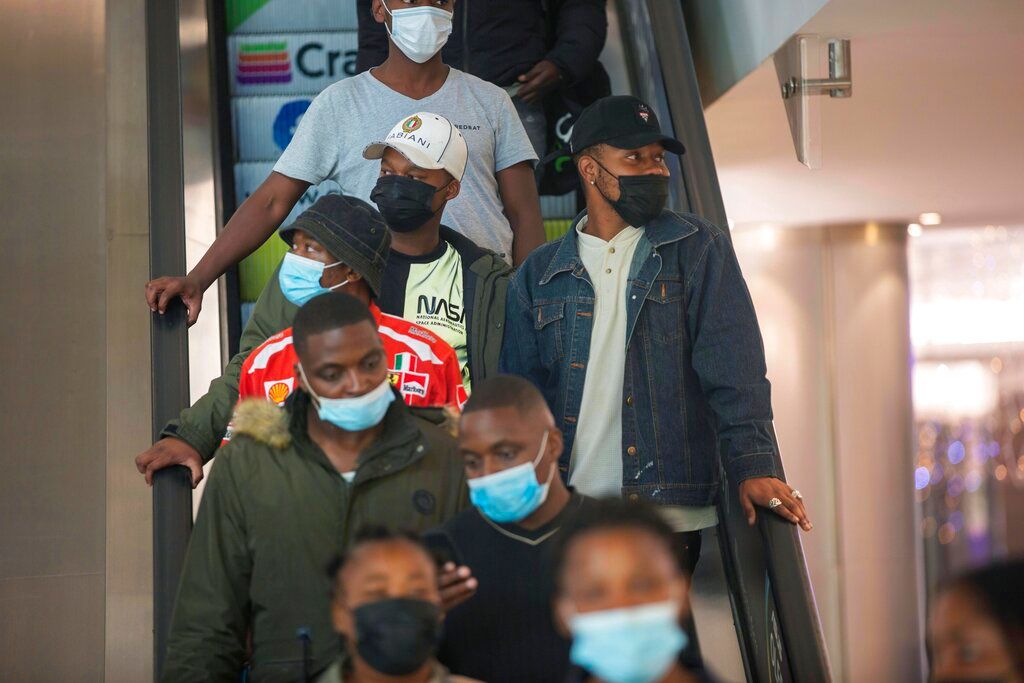A new strain of coronavirus first detected in South Africa has been declared a variant of concern and named Omicron by the World Health Organisation (WHO). Initially named B.1.1.529, Omicron was first reported to WHO from South Africa on November 24. The first confirmed B.1.1.529 infection was from a specimen collected on November 9 in South Africa, where daily coronavirus cases have increased steeply over the past weeks.
The WHO’s Technical Advisory Group on SARS-CoV-2 Virus Evolution (TAG-VE), which met Friday to discuss the classification and naming of B.1.1.529, said the variant has a large number of mutations, “some of which are concerning.”
WHO cautions against rushed travel restrictions over new COVID variant
Preliminary evidence suggests an increased risk of reinfection with Omicron, as compared to other variants of concern. The number of cases of this variant appears to be increasing in almost all provinces in South Africa. The WHO says omicron has been detected at faster rates than previous surges in infection, suggesting it may have a growth advantage.
Several countries moved Friday to impose travel restrictions from a slew of southern Africa nations even as only dozens of cases of the new strain have been been detected in South Africa, Botswana, Hong Kong, Israel and Belgium.
US to ban travel from South Africa, 7 other African nations due to new COVID variant
The WHO said current SARS-CoV-2 PCR diagnostics continue to detect Omicron. Alpha, Beta, Gamma and Delta are currently the four WHO-listed variants of concern besides the Lambda and Mu variants of interest.
Will travel restrictions halt omicron, the new COVID ‘variant of concern?’
Viruses like SARS-CoV-2 continuously evolve as changes in the genetic code (genetic mutations) occur during replication of the genome, according to Centre for Disease Control and Prevention (CDC). “A lineage is a genetically closely related group of virus variants derived from a common ancestor. A variant has one or more mutations that differentiate it from other variants of the SARS-CoV-2 viruses,” says the national public health agency of United States.







